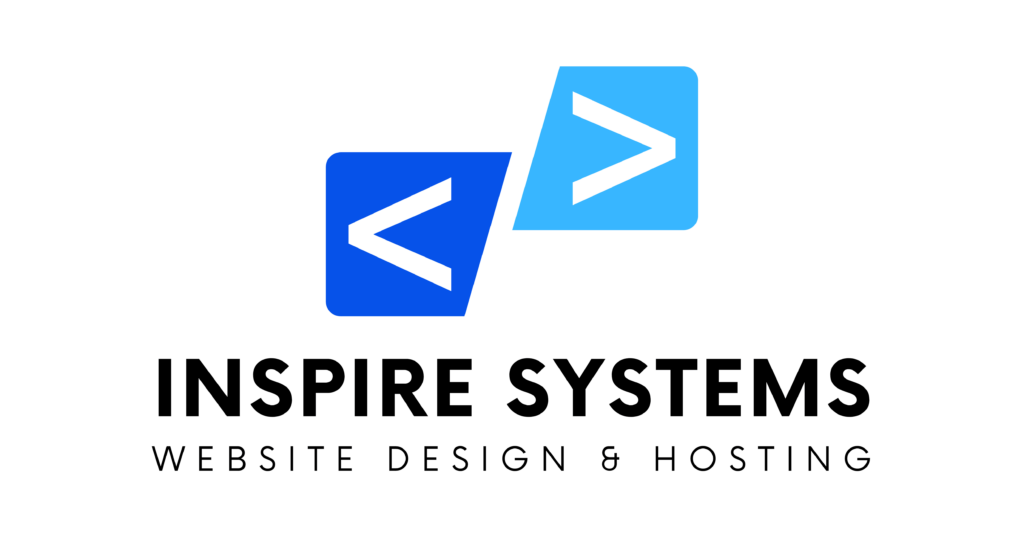At Inspire Systems, our Website Design and Development services are engineered to enhance your online presence significantly. We specialize in crafting custom, visually stunning websites that captivate visitors and convert them into customers. Our expertise spans WordPress, Shopify, and WooCommerce, allowing us to deliver versatile and user-friendly websites across various platforms. Whether you are launching a new online store with Shopify, enhancing a blog on WordPress, or scaling an e-commerce site with WooCommerce, our tailored solutions are designed to optimize user engagement and maximize sales. Let us help you make a powerful impact in the digital world with a standout website that delivers exceptional results.
Website Design and Development
Inspire Systems excels in Shopify Website Design & Development, providing bespoke solutions that transform your e-commerce vision into reality. We understand that each business has unique needs, which is why we specialize in crafting customized Shopify websites that not only look fantastic but also function flawlessly. Our design team focuses on creating intuitive, user-friendly interfaces that enhance customer experience and drive sales. From setting up your online store to integrating advanced features and optimizing for SEO, we ensure every aspect of your Shopify site is geared towards achieving your business objectives. Partner with us to build a powerful online presence that captivates and converts.
Responsive design is a crucial component in website development, particularly for platforms like WordPress and Shopify, which power a significant portion of the web. This approach ensures that a website is accessible and aesthetically pleasing across a wide range of devices, from desktops to smartphones. In WordPress, developers can leverage themes and plugins that are specifically designed to be responsive, allowing for flexible layouts and automatic adjustments to different screen sizes. Similarly, Shopify offers a variety of customizable, mobile-friendly templates that help e-commerce businesses optimize their online stores for users on any device. By focusing on responsive design, developers can improve user experience, increase engagement, and boost the overall effectiveness of a website in meeting business goals. This not only enhances accessibility but also significantly contributes to better SEO performance, as search engines favor websites that are optimized for mobile users.
User Experience (UX) optimization is crucial for enhancing website performance and customer satisfaction, especially on popular platforms like WordPress and Shopify. For WordPress, UX optimization involves selecting responsive themes, improving navigation with well-structured menus, and ensuring quick loading times by optimizing images and using effective caching. Plugins that enhance user interaction and accessibility can also dramatically improve the overall experience. On Shopify, UX optimization focuses on crafting seamless shopping experiences. This includes designing intuitive product filters, implementing clear and compelling call-to-action buttons, and optimizing the checkout process to reduce cart abandonment. Both platforms benefit from regular A/B testing to refine user interfaces and feedback loops to continuously adapt to user needs. Ultimately, effective UX optimization leads to higher engagement, increased loyalty, and a boost in conversions.
When optimizing your online presence, selecting the right content management system (CMS) is crucial. WordPress and Shopify stand out as leading platforms, each catering to specific needs. WordPress, with its extensive customization options and robust plugin ecosystem, is ideal for those who require a flexible and scalable website. It excels in SEO through plugins like Yoast SEO, which helps tailor content and meta tags to improve search engine rankings. On the other hand, Shopify is tailored for e-commerce and provides an all-in-one solution for online stores, including built-in SEO tools to optimize product descriptions and images to boost visibility. Whether you choose WordPress for its versatility or Shopify for its e-commerce focus, both platforms offer powerful tools to enhance your website’s SEO performance, making your content more discoverable to your target audience.
When considering the security measures for platforms like WordPress and Shopify, it’s crucial to understand their different focuses and approaches. WordPress, a versatile content management system, offers robust security features that include plugins for firewalls, malware scanning, and regular security updates. Users are encouraged to implement strong passwords, two-factor authentication, and keep their software up-to-date to guard against vulnerabilities. On the other hand, Shopify, a dedicated e-commerce platform, handles much of the security internally. It provides automatic updates, secure payment gateways, SSL certificates for data encryption, and is compliant with PCI DSS standards to ensure safe transaction processing. Both platforms emphasize user responsibility in maintaining security practices, but Shopify offers a more hands-off approach for users, focusing on backend security measures that protect both store owners and their customers.
Analytics and monitoring are essential components of managing websites on platforms like WordPress and Shopify, as they empower site owners with crucial insights about user behavior and site performance. On WordPress, plugins such as Google Analytics or Jetpack provide detailed reports on visitor data, traffic sources, and content interactions, which can help in optimizing content and improving user engagement. Similarly, Shopify’s built-in analytics tools offer a comprehensive view of sales trends, customer behavior, and conversion tracking, enabling merchants to fine-tune their marketing strategies and enhance their online store’s performance. Both platforms also offer monitoring tools that alert users to technical issues or security threats, ensuring that the site remains robust and secure. Effective use of these analytics and monitoring tools can lead to more informed decisions, ultimately boosting the success of any online presence.

